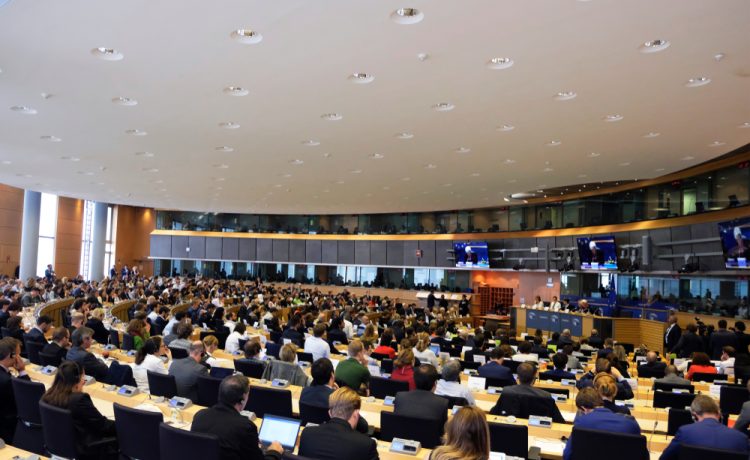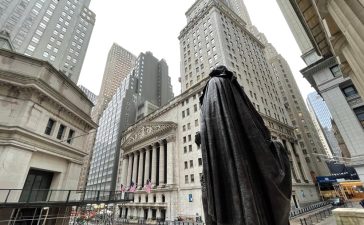Japan’s Nikkei dropped 0.6%, having shed 2.6% last week, while Chinese blue chips lost 1.8%
Asian shares slipped on Monday ahead of a week packed with central bank meetings and U.S. inflation data, while the euro eked out a gain on relief the far right did not win the first round of the French presidential elections.
A Le Pen victory could send shockwaves through France and Europe in ways similar to Britain’s vote in 2016 to leave the European Union (EU). The first round result was close enough to leave the euro just a tick firmer at $1.0888, after an initial pop up to $1.0950.
The mood in equity markets was cautious, with MSCI’s broadest index of Asia-Pacific shares outside Japan easing 1.0%.
Japan’s Nikkei dropped 0.6%, having shed 2.6% last week, while Chinese blue chips lost 1.8%.
S&P 500 stock futures eased 0.4% and Nasdaq futures 0.6%. EUROSTOXX 50 futures lost 0.4%, and FTSE futures 0.3%.
Earnings season kicks off this week with JP Morgan, Wells Fargo, Citi, Goldman Sachs and Morgan Stanley all due to report.
Despite the early losses, Wall Street has fared surprisingly well in the face of a vicious selloff in bonds which saw 10-year Treasury yields surge 31 basis points last week to be last at 2.72%.
Markets have raced to price in the risk of ever-larger rate hikes from the Federal Reserve with futures implying rises of 50 basis points at both the May and June meetings.
BofA’s U.S. economist Ethan Harris now expects half-point hikes at each of the next three meetings and a cycle peak around 3.25-3.50%.
If inflation looks like it is heading below 3%, then our current call should be hawkish enough, Harris said in a note. Conversely, if inflation gets stuck above 3% then the Fed will need to hike until growth drops close to zero, risking a recession.
All of which underlines the importance of the March U.S. consumer price report on Tuesday where the median forecast is for a stratospheric rise of 1.2%, taking annual inflation to an eye-watering 8.5%.
China’s inflation figures surprised on the high side on Monday and while relatively modest at 1.5% year-on-year in March, still dented hopes for aggressive policy easing from Beijing.
Inflation will also be front and centre for the European Central Bank meeting on Thursday where the risk is for a hawkish slant to the statement.





